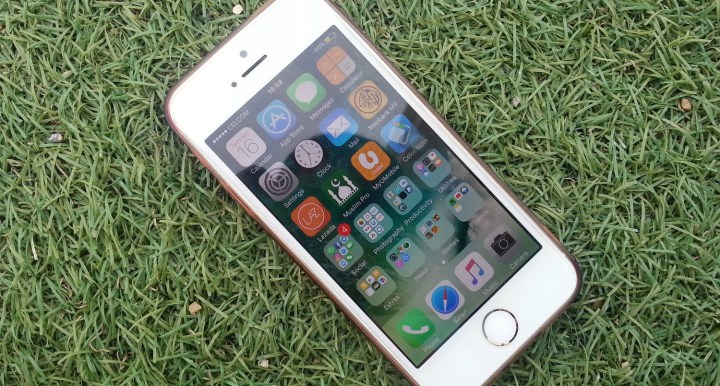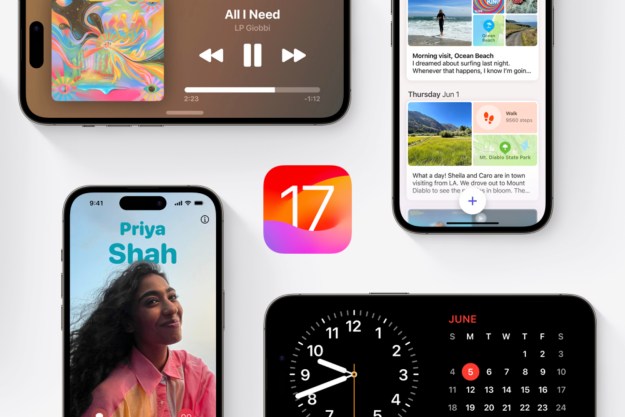
The company shared an email from Apple stating that the app was removed because it contains content illegal in China. “We’re disappointed in this development, as it represents the most drastic measure the Chinese government has taken to block the use of VPNs to date, and we are troubled to see Apple aiding China’s censorship efforts,” the email read, according to the blog post.
On Sunday, Apple released a statement of its own regarding the change, noting that it is complying with regulations from the Ministry of Industry and Information Technology (MIIT) that require VPN apps to be licensed by the government.
“Earlier this year, China’s MIIT announced that all developers offering VPNs must obtain a license from the government,” Apple noted. “We have been required to remove some VPN apps in China that do not meet the new regulations. These apps remain available in all other markets where they do business.”
Certain users who have a billing address outside of China are still able to download the apps from the App stores that are in other countries. Chinese consumers are still able to stay connected to the worldwide internet with ExpressVPN’s apps for Mac, Android, Windows, and some other platforms.
Virtual private networks (VPNs) were the only course of action for many users due to China’s internet censorship, which has been referred to as the “Great Firewall.” Back in January, it was announced that China would be cracking down on VPNs for 14 months, lasting until March of 2018. It began blocking Western websites such as Google, Facebook, and Twitter. The country even passed a pretty controversial cybersecurity bill last November, imposing new regulations on service providers.
It is still possible for someone to create an App Store account under a fake identity from another country, although how one would go about doing that is not certain. Earlier this month, two other popular VPN services were no longer allowed to be online in China, leaving their users with no other alternatives. Taking the problem straight to Apple appears to be a good strategy in enforcing censorship, since the company does have control over what apps become available in China.
Apple recently changed its policy on apps that involve ad blockers in the App Store.
Update: Apple has released a statement regarding its removal of VPN apps in China.
Editors' Recommendations
- An Apple insider just revealed how iOS 18’s AI features will work
- Everything you need to know about the massive Apple App Store outage
- Apple Sports app looks to rule live scores and stats on iOS
- Apple used this free iPhone app to shoot Monday’s Scary Fast event
- These 7 apps make iOS 17’s StandBy mode even better


